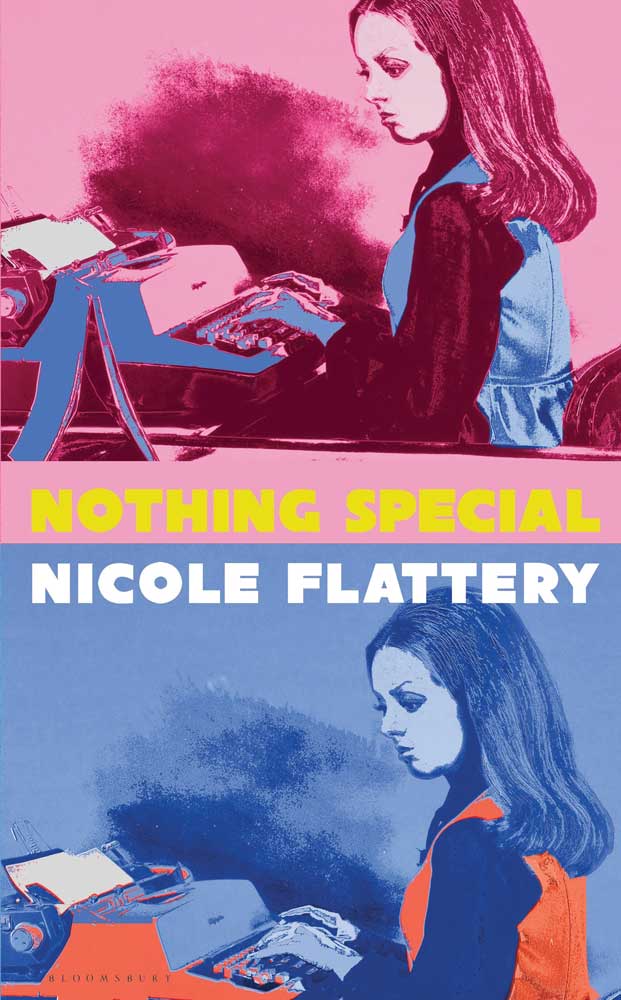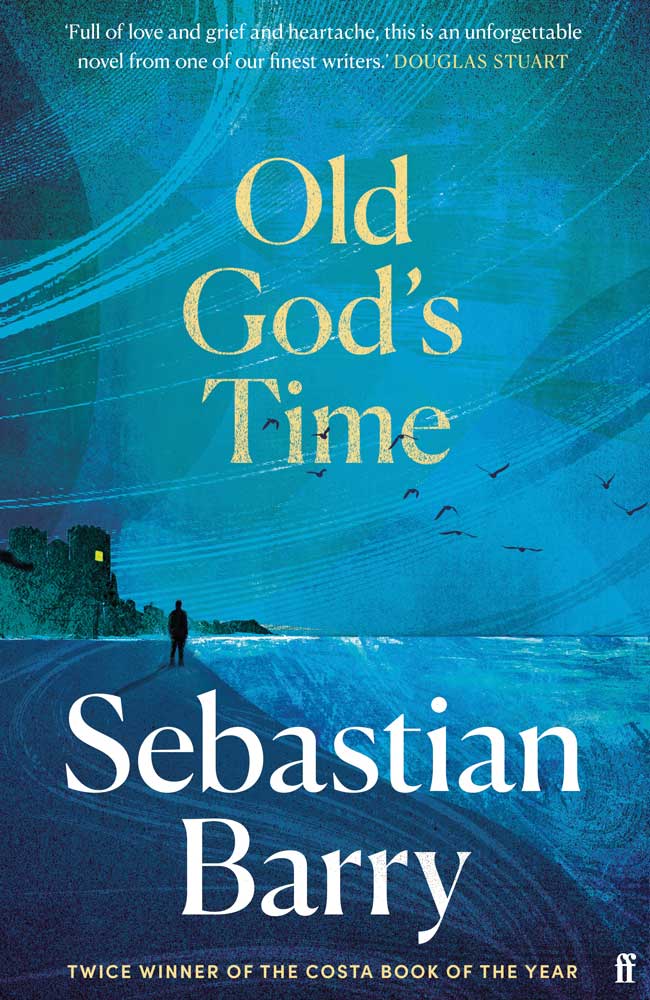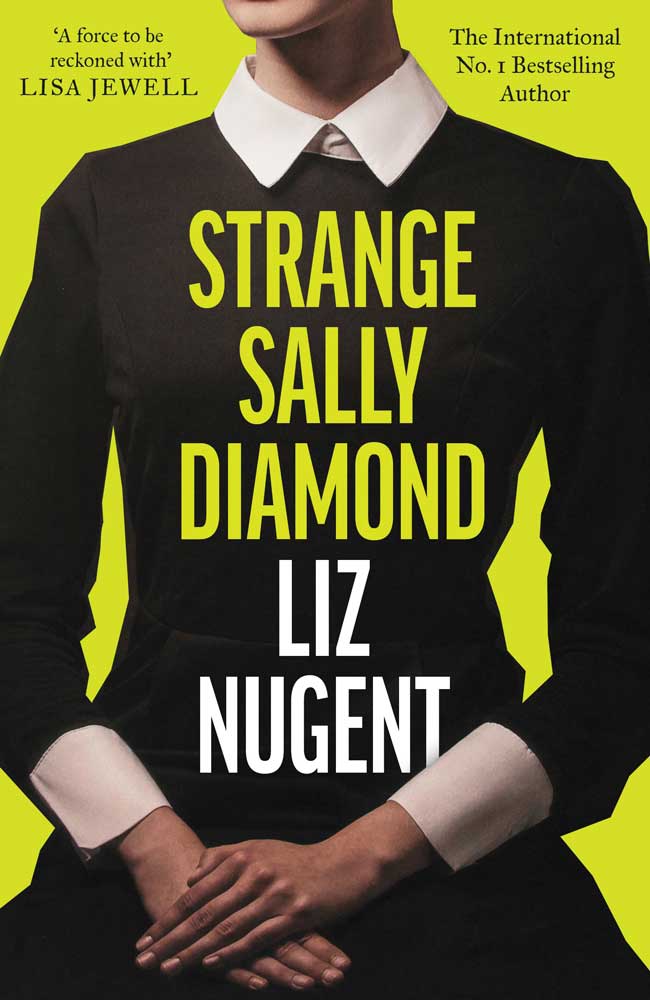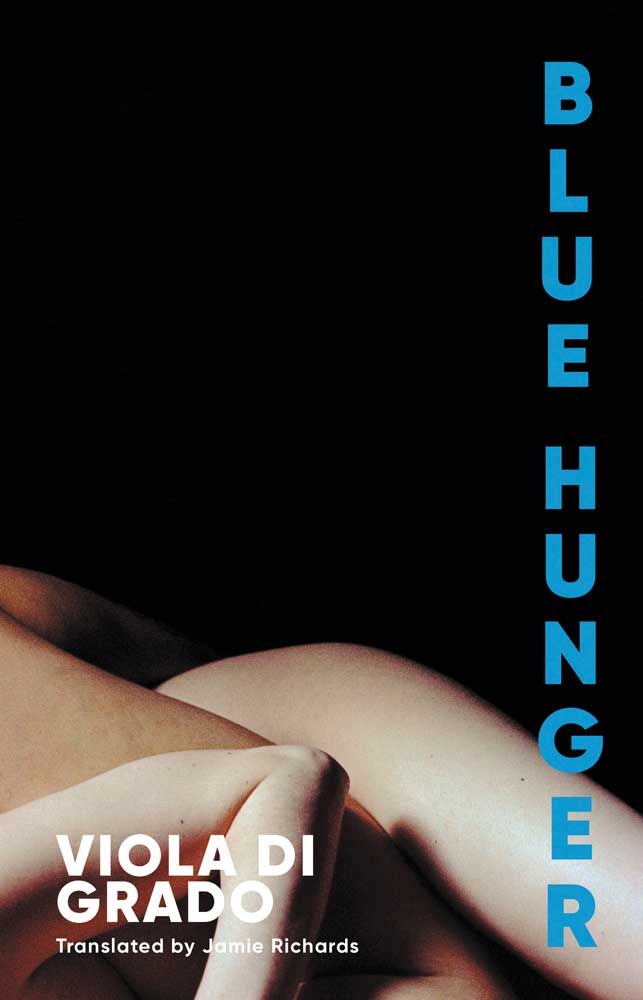Orna Mulcahey selects dark, gruesome, grisly tales to delve into this March. Each story unique and definitely worth your time.
Main Image; Veronika Faustmann, Pearl Radamanthys earrings, €42, at Russborough House; www.russborough.ie.

Seventeen-year-old Mae is leading a spectacular double life in Nicole Flattery’s debut novel NOTHING SPECIAL (Bloomsbury, €16.99). Changing out of her school uniform on the subway, she sashays her way to her job as a typist in a strange tin foil-clad studio where wannabe stars and strung-out friends orbit an artist with bad skin and a whispery voice. Inspired by Warhol’s Factory in the mid- 1960s, where two high school girls did in fact work transcribing tapes for what would become Warhol’s novel a, A Novel, Flattery vividly recreates the hectic glamour of the studio where everyone wanted to be famous. Watchful, provocative Mae goes all in, following the entourage to parties, staying nights in the studio, desperate to get away from her mother, a hard-boiled diner waitress, constantly unfaithful to her kindly boyfriend Mikey. But when Mae’s new best friend and fellow typist Shelley disappoints by being just as desperate as everyone else at The Factory, Mae forces herself to move on. Decades later, as her mother is dying, she looks back at her younger self with a cool compassion.

Gruesome episodes of clerical abuse are at the heart of Sebastian Barry’s latest novel OLD GOD’S TIME (Faber & Faber, €13.99). Deliberately vague on dates and times – the action takes place sometimes in the 1960s, sometimes in the 1970s and sometimes in the 1990s, the reader must grasp the sharp edge of a terrible tale through beautifully spun scenes that make this a little masterpiece. Tom Kettle is a retired policeman living in an annexe to a seaside house in Dalkey, occupied by the occasional ghost. He’s not had time to settle in properly, his books still in boxes, when two young guards come calling, asking for help with a cold case. You want this to follow a well-worn storyline, with the old cop solving the case for them, but could Tom in fact be a suspect? The victim, Father Thaddy, was brutally knifed and thrown into a ravine. Tom, in his wicker chair, looking out to sea, smoking his Hamlets, dreams of his wife June, their children Winnie and Joe, and of his own orphanage past. All the love and laughter they shared was no match for the demon that came “roaring up the years, severing something, like a madman taking a scissors to the Bayeux tapestry”. Barry expertly layers the horrors with seams of golden memories and serves up a graceful ending. Definitely worth your time.

STRANGE SALLY DIAMOND (Sandycove, €15.90) is the strangest and darkest story yet from Liz Nugent, who has the great skill of revealing atrocious details in calm matter-of-fact prose. In a brilliant opening chapter, Sally disposes of her father’s body in an unconventional fashion but nothing is as it seems in this book of shocking revelations. In fact Sally is the adopted child of a notorious paedophile father who kept her mother shackled to a radiator, and that was just for starters. Sally survives and now finds herself on the way to being an independent woman with a new home and an inheritance in the bank. She’s embarked on therapy, is making friends and it could be that life will turn out ok, until a mysterious package with a teddy bear arrives in the post from New Zealand. Sally’s real father escaped too, found himself another captive and carried, on, to the distress of a son the world knows little about but who might have inherited more than his father’s building skills. As Sally’s family reveal themselves, her equilibrium is shattered and the well of anger she has tried to control comes rushing to the surface.

A new short story collection from Margaret Atwood OLD BABES IN THE WOOD (Chatto & Windus, €22.80) offers a brilliant pick and mix of characters and situations. The backbone of the book is a series of stories following the marriage between Tig and Nell – their homes, their family, their ageing parts and Tig’s eventual departure. Interspersed are tales of magical cats, the life of the soul, university politics and a lively imagined interview with George Orwell. Atwood brilliantly captures, too, the snarky friendships between women perfectly comfortable with advancing age and not above telling outright lies to each other to raise a reaction.

A decade on from Booker prize-winning saga The Luminaries, writer Eleanor Catton is back with BIRNAM WOOD (Granta Books, €22.80), a frightening tale for our times. Mira Bunting runs a collective that hijacks disused plots to grow vegetables and fruit to live on and sell. It’s a small scale operation, but the book opens as Mira travels south, having read of a landslide that has left a large farm isolated. It’s perfect for guerrilla gardening on a grand scale that will highlight the work of the collective and the waste of good land. But Mira is not the only one with designs on the farm. When American surveillance billionaire Robert Lemoine shows up, having agreed to buy the land for an end-of-world bunker, he allows Mira and her collective to farm part of the land and even offers to fund them. It’s up to Tony, a disaffected member of the group, to dig into Lemoine’s real plans for the land; it becomes horrifically clear that his intentions are anything but benign. After a slow, thoughtful start the book speeds up towards an unexpectedly grisly conclusion.

Writing professor turned author Nathan Oates has turned out a humdinger in A FLAW IN THE DESIGN (Serpent’s Tail, €17), a Ripleyesque tale set in New York and mid-winter Vermont. Gil Bennett, a writing professor, and his artist wife Molly have escaped New York for Vermont where they live a contented life with their teenage daughters, but their world is turned upside down when Gil’s only sibling Sharon is killed in a freak accident with her wealthy husband, and they have to take in their orphaned nephew, Matthew, until he comes of age. It’s tricky, since the last time they all met, Matthew had tried to drown his cousin in a swimming pool. When Matthew joins Gil’s writing class, his stories reveal a menace that must be confronted. Gil, boiling with resentment at his nephew’s wealth and arrogance, convinced he murdered his parents, forces a showdown but Matthew is several steps ahead of the game. Or is he? Gil is a great creation, crippled by self-loathing but determined to get to the bottom of his sister’s death. Matthew is a sneery brat who deserves everything that is coming to him.

Viola Di Grado’s BLUE HUNGER (Scribe, €14.80) translated by Jamie Richards, plunges the reader into neon-lit Shanghai where a young Italian woman has exiled herself, traumatised by her twin’s untimely death. A chef who had dreamt of moving to China, it falls to Ruben (she has adopted his name) to live a little of that life for him. Instead, she finds herself gobbled up by Xu, a woman with perfect skin and huge appetites. Ruben submits to endless dark, disgusting-sounding dishes, and sex in uncomfortable places, from grimy hotels to disused warehouses and a vast former abattoir. When Ruben tries to break away, Xu’s real nature emerges.
Twitter; @OrnaMulcahy






